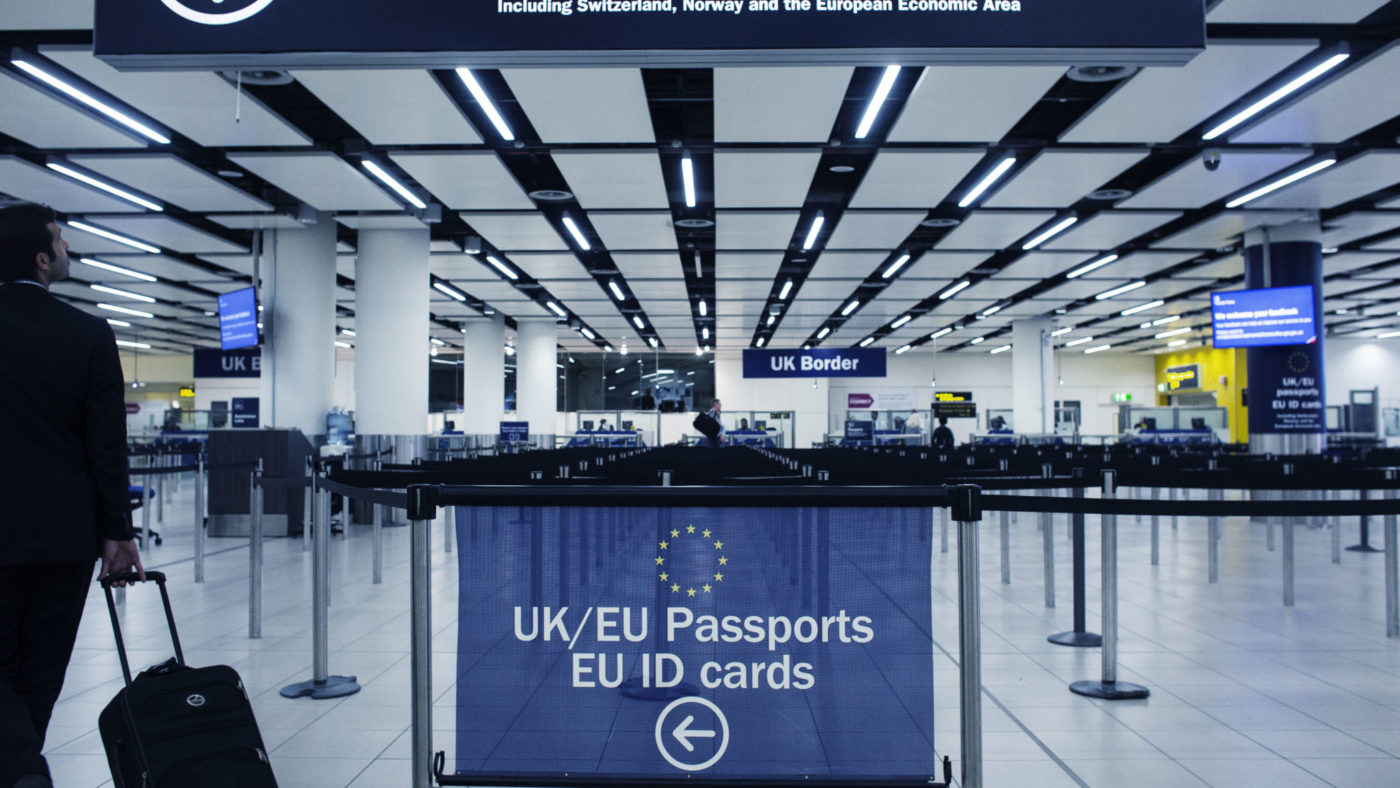Immigration was at the heart of the EU referendum debate. It is surprising that, almost two and a half years later, it has featured so little since. The Government has seemed to want to duck and delay the debate about post-Brexit immigration debate for as long as possible.
That may be about to finally change. The long-awaited Migration Advisory Committee report on Tuesday will offer an authoritative overview on the impact of EU migration. The Prime Minister is summoning a special Cabinet ahead of party conference. Remarkably, it will be the Cabinet’s first substantive discussion of post-Brexit immigration choices since the referendum.
Business voices, frustrated at the lack of clarity about the future, have been calling for the Government to get on with making its mind up. The return of immigration to the centre of the debate will also be a reminder that business struggles to persuade either the politicians or the public with its case for the economic gains of migration.
Neither the Migration Advisory Committee nor the Government have engaged with the public over the evidence or the choices ahead. But the National Conversation on Immigration has done so.
It is the largest ever public engagement exercise in this country: in 60 towns and cities across every nation and region of the UK, we met both with stakeholders, including employers and civic groups, and held citizens panels, representative of their local areas, where members of the public grappled with the choices that ministers will now face. The National Conversation informed the Home Affairs Committee’s inquiry into how to build a consensus on the future of immigration.
There is plenty of good news for the advocates of immigration. The public hold constructive views. Most people are ‘balancers’, seeing both the gains and pressures of migration. Broad majorities are content with student and skilled migration, though these are rarely top of mind issues. There is more concern about the scale and pace of low-skilled migration – but pragmatic support for managed migration where it is needed to fill jobs, from care homes to agriculture.
The National Conversation recommends replacing the ‘one-size fits all’ net migration target with a three-year migration strategy, which treats different types of migration differently. This would be a better system which would make more sense to the public too.
But the National Conversation also highlights several reasons why business would need to change its approach to get more of a hearing with both politicians and the public. There is both a national and a local challenge to getting it right.
Business wants to say that it understands the need for change and the desire for more control – but often sounds as though it wants to see as little change as possible, as slowly as possible. There has been extensive debate about reforms within the free movement system.
But this has been a discussion almost exclusively among supporters of free movement about how to persuade other people, who have not been engaged in this debate and may not even have noticed it. The focus on applying existing rules better both overestimates public awareness of detailed policy changes and underestimates the expectation of change.
Immigration is a national issue, seen through a local lens. Advocacy of the macroeconomic gains do not resonate if the public continues to feel there is insufficient recognition of this. That is a challenge for government, ensuring housing and public services can cope with population change.
It is a challenge for business too. Members of the public felt it was reasonable for large employers to think about where they would house migrant workers and to take more responsibility for integration.
In some areas, business practice has damaged local attitudes to immigration. Impacts on wages and conditions did not come up as major themes in the National Conversation discussions across most of the UK, yet were the dominant theme in some places where it was clear that specific, large, local employers had shifted attitudes for the worse.
In Chesterfield and Northampton the local reputation of Sports Direct, Amazon and other large distribution firms were central to why the public did not feel that migration was working fairly in their area. In other areas, the positive local reputation of employers had an impact.
Only a handful of National Conversation citizens panels were receptive to the idea of keeping free movement because of a trade-off with the single market: those groups that did gave local reasons – the car industry in Knowsley and jobs in pharmaceuticals in Macclesfield – rather than national ones.
The National Conversation report recommends that businesses step up more, including having a responsibility for large employers to engage with local integration plans. New ICM research finds that three-quarters of the public (76 per cent) agree that “If businesses employ lots of migrant workers they should be required to take more responsibility for integration, such as making sure there are English language classes and enough housing.” Just six per cent disagree.
Most of the public are ‘balancers’ on immigration, seeing it as bringing both pressures and gains. Their perception of business is that it is happy to take the gains but noticeably absent when it comes to dealing with the pressures – on housing, public services and integration, for example.
Fiscal arguments about the national benefits of migrant labour will carry little weight if local concerns are ignored. If employers want to build public and political support for the immigration that the economy needs, they need to engage locally as well as nationally.


